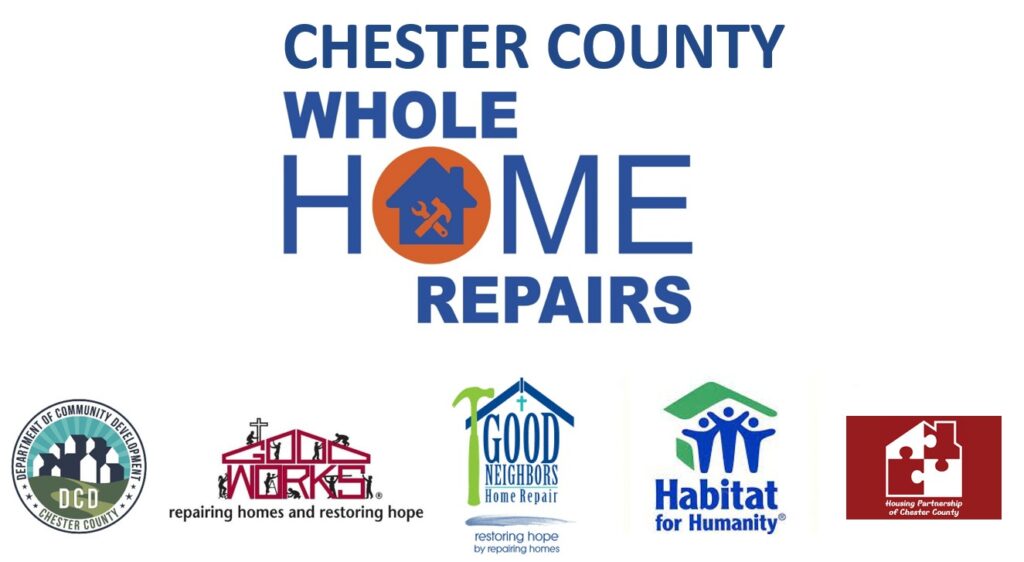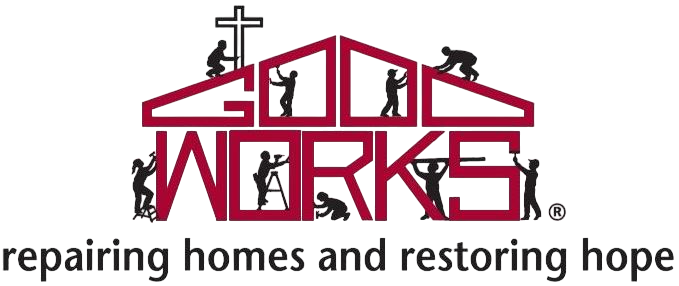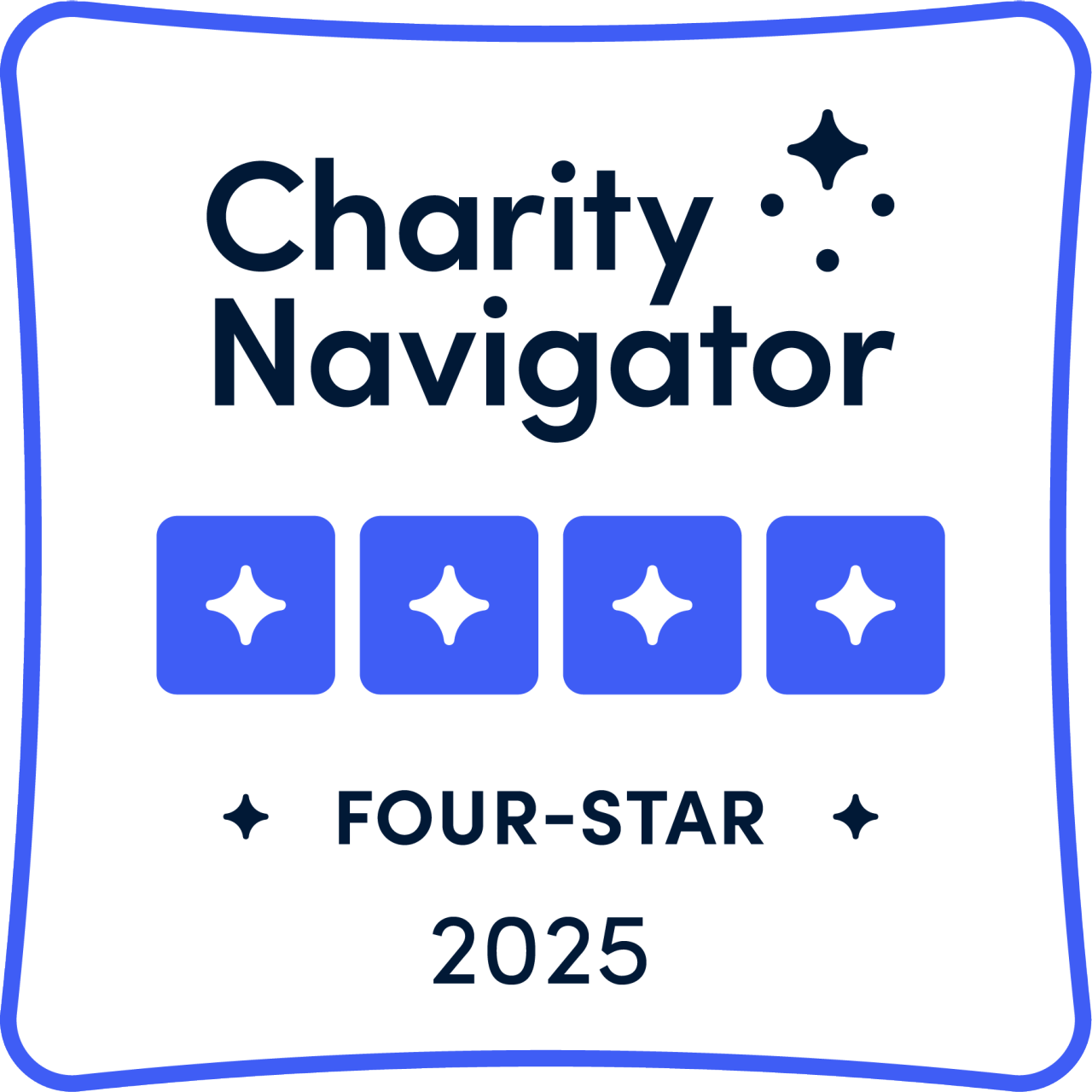Important Notice
WHRP Program Application Period is Now Closed as of January 1, 2026
We have been humbled by the overwhelming response to the Chester County Whole Home Repairs Program (WHRP), with far more requests for assistance than anticipated. Over 715 residents have requested home repair services to date. Unfortunately, despite our best efforts, it is not possible to accommodate every applicant. Since October 2023, the WHRP Coalition has completed work on 132 homes with another 40 scheduled for completion before the available funding is exhausted by the program’s December 31, 2026 deadline.
Despite the success of the program and the recognition of he overwhelming need for its continuation, the Pennsylvania state budget does not include funds beyond the current deadline. If future additional funding becomes available from the State for the WHRP, we will provide notice.
Applicants who have not received a 2026 WHRP commitment from either Good Works, Good Neighbors, Habitat for Humanity or the Housing Partnership should contact those agencies directly to investigate other options for receiving the repairs they need.
- Good Works Inc (Central & Northern Chester County): goodworksinc.org/apply-for-help – 610-383-6311
- Good Neighbors (Southern Chester County): goodneighborshomerepair.org/faqs – 610-444-1860
- Habitat for Humanity: hfhcc.org/habitat-home-repair – 610-384-7993
- Housing Partnership: housingpartnershipcc.com – 610-518-1522




